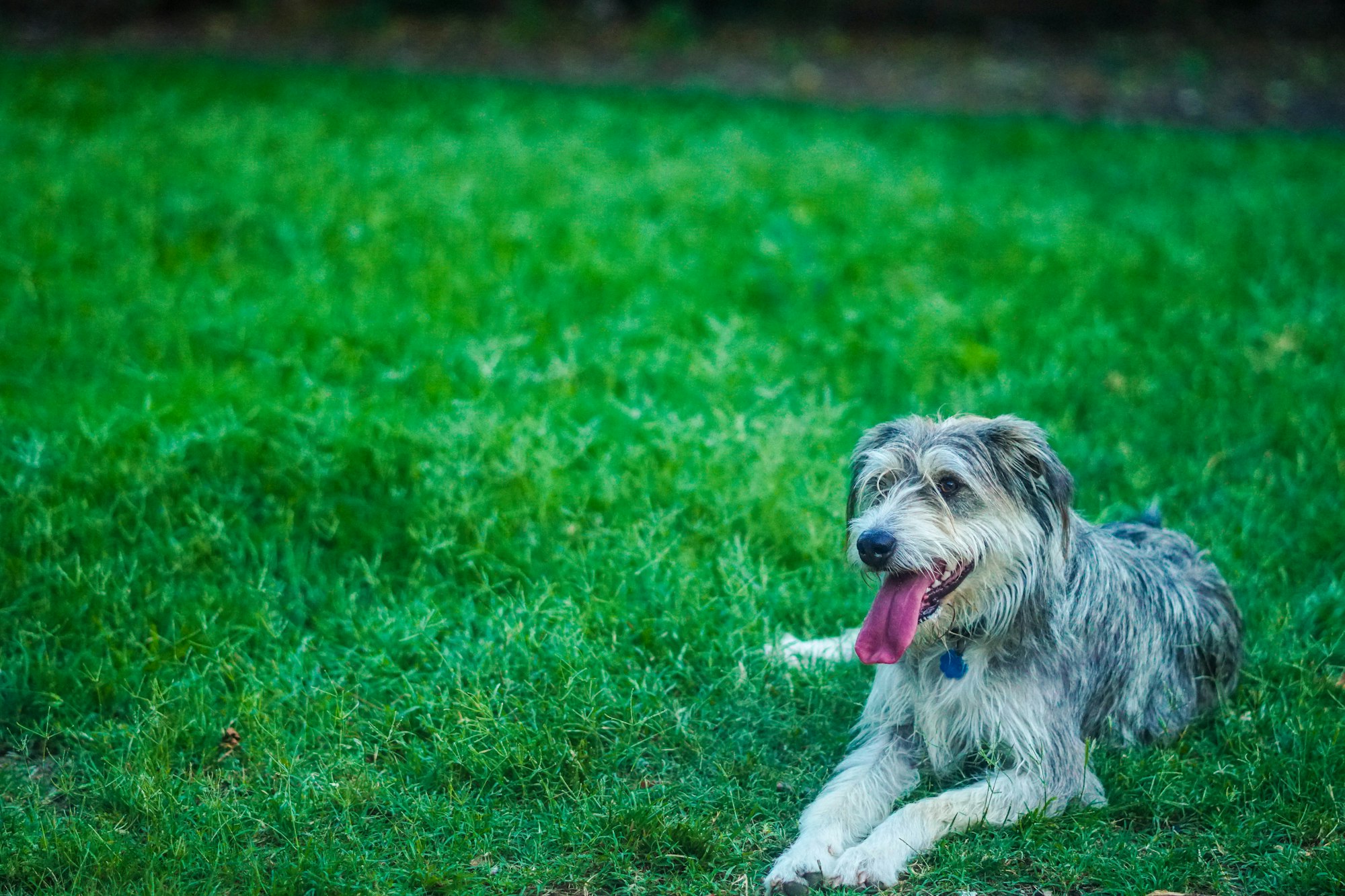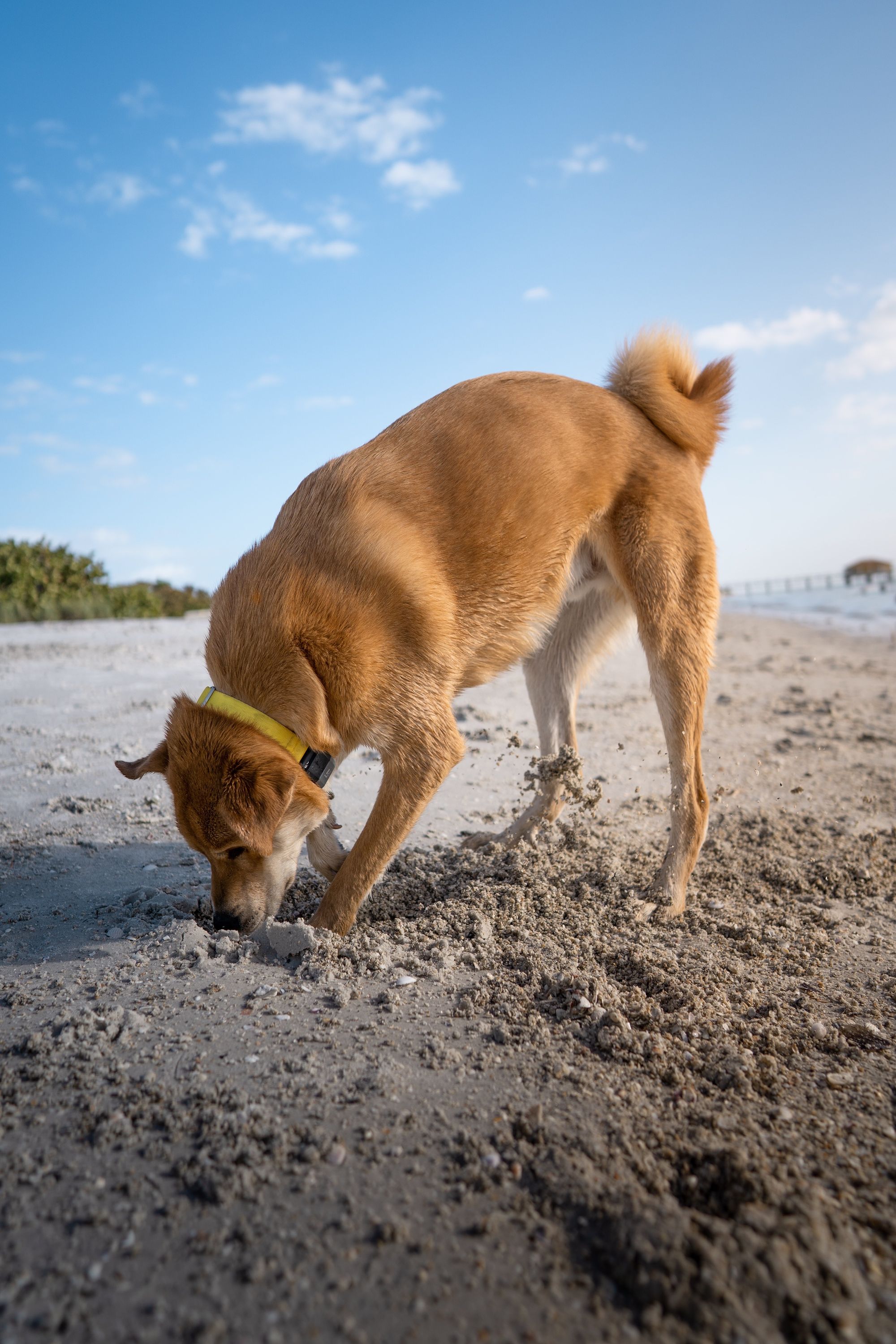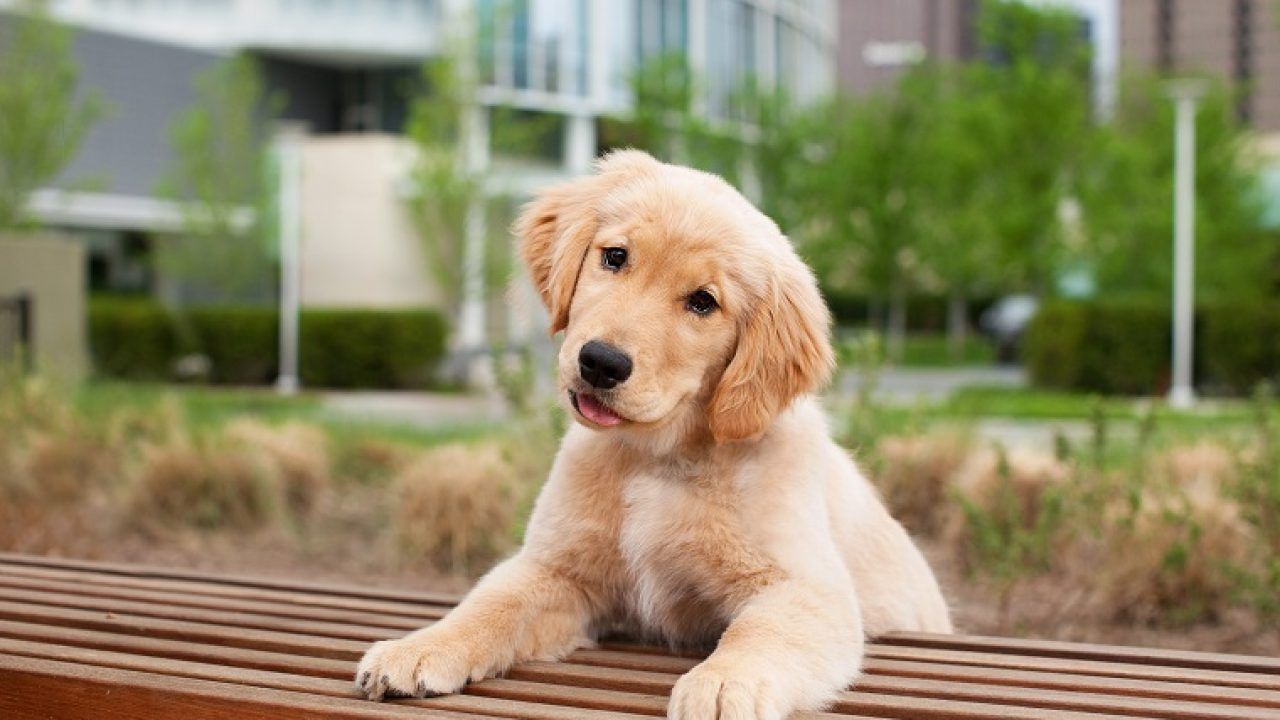If you're a dog owner, you know that our furry friends have a tendency to do some pretty odd things. From barking at their own reflection to trying to fit their entire body into a shoebox, dogs can be downright weird sometimes. But perhaps one of the most bizarre things dogs do is eat grass.
Picture this: you're out in your backyard, enjoying the sunshine with your pup by your side, when all of a sudden you notice them chomping away on some green blades. You might wonder, "What in the world are they doing? Are they trying to become a cow?" It's a sight that can be both amusing and concerning, but fear not, because in this article we're going to take a closer look at why dogs eat grass and whether or not it's something you should be worried about.
First things first, let's address the elephant in the room (or should we say, the Great Dane in the yard). Yes, dogs eating grass is a thing. It's a common behavior that can seem strange to us humans, but to dogs, it's just another part of their daily routine. It's almost as if they're saying, "Why yes, I'll have the Caesar salad with extra lawn clippings, please."
So why exactly do dogs eat grass? That's a question that has puzzled pet owners and veterinarians alike for years. Some people believe that it's simply because dogs like the taste or texture of grass, while others think that it may be a way for dogs to aid in digestion. Then there are those who believe that it's just a leftover instinct from their wild ancestors. Regardless of the reason, one thing is for sure - dogs eating grass is a strange sight that has left many of us scratching our heads.
Is Eating Grass Bad for Dogs?
The short answer is no. In fact, it's quite common for dogs to eat grass, and most dogs do so without any ill effects. However, there are a few things to keep in mind. If you notice that your dog is vomiting or experiencing diarrhea after eating grass, it's best to consult with your vet. Additionally, if your dog is eating grass in excess or exhibiting other strange behaviors, such as lethargy or loss of appetite, it's best to consult with your vet to rule out any underlying medical issues.

Why Do Dogs Eat Grass?
While there isn't a clear-cut answer, there are a few theories and reasons that can help us understand this strange behavior.
- They like the taste - Dogs are known to have a varied palate and will often eat things that we humans find strange, such as socks or garbage. Grass may simply be another item on their menu, and they may enjoy the taste and texture. Some dogs even have a preference for certain types of grass, such as clover or dandelions.
- It aids in digestion - Some experts believe that dogs may eat grass to aid in digestion. Grass is a source of fiber, which can help move food through the digestive tract and promote regular bowel movements. Additionally, some dogs may instinctively eat grass to help them vomit, which can help them get rid of any ingested toxins or other substances that may be causing them discomfort.
- It alleviates boredom or anxiety - Dogs may eat grass as a way to alleviate boredom or anxiety. If your dog is left alone for extended periods of time or doesn't get enough exercise, they may turn to grass as a way to relieve stress or boredom. In some cases, dogs may also eat grass as a form of self-soothing behavior.
- Primal instincts - Lastly, some experts believe that dogs may eat grass as a way to satisfy their primal instincts. In the wild, dogs would eat grass and other vegetation as part of their natural diet, so it's possible that this behavior is simply a leftover instinct from their wild ancestors.
Why Do Some Dogs Vomit After Eating Grass?
While it's not entirely clear why dogs may vomit after eating grass, there are a few theories that can help us understand this strange behavior.
- Irritation to the stomach - Dogs may vomit after eating grass simply because it's an irritant to their stomach. Grass is not a natural part of a dog's diet and can be difficult for them to digest, which can lead to vomiting. Additionally, some types of grass may contain chemicals or pesticides that can be harmful to dogs.
- Toxin elimination - Some experts believe that dogs may vomit after eating grass as a way to rid their system of any ingested toxins or other harmful substances. Grass can act as a natural emetic, which can help dogs expel any harmful substances from their system. However, it's important to note that this is not a reliable method of toxin elimination, and if you suspect that your dog has ingested a harmful substance, you should contact your vet immediately.
- Overeating - Lastly, dogs may vomit after eating grass simply because they ate too much. If your dog eats too much grass, it can cause their stomach to become upset, which can lead to vomiting.
Why Can't Dogs Digest Grass?
While dogs may be able to eat and swallow grass, they can't actually digest it like they do with their regular food. The reason for this is that dogs lack the necessary enzymes to break down the cellulose that's found in grass.
As a result, when a dog eats grass, the blades move through their digestive system essentially intact. This means that the grass doesn't get broken down into its constituent parts like other types of food do. Instead, it passes through the digestive tract largely unchanged and comes out the other end as poop.
If you've ever noticed your dog's poop has pieces of undigested grass in it, this is why. The grass blades may be partially broken down by the stomach acid and enzymes in the digestive tract, but for the most part, they remain intact.
While it may seem strange that dogs can't digest grass, it's actually quite common among many animals. For example, cows and other ruminants are able to digest grass, but this is because they have a special digestive system that's specifically designed to break down cellulose. Dogs, on the other hand, don't have this type of system, so they're unable to fully digest the grass they eat.

Final Thoughts
While it's not entirely clear why dogs eat grass, it's important to keep in mind that this behavior is completely normal and nothing to worry about. As long as your dog isn't experiencing any negative symptoms, there's no need to intervene. However, if you notice any unusual behavior or symptoms, it's always best to consult with your vet to rule out any underlying medical issues.
If you're concerned about your dog's grass-eating behavior, there are a few things you can do to help manage it. Firstly, make sure that your dog is getting enough exercise and mental stimulation. A bored or anxious dog is more likely to engage in self-soothing behaviors, such as eating grass. You can try keeping your dog active with a puzzle toy or a flirt pole.
Additionally, you may want to consider providing your dog with alternative sources of fiber, such as fruits and vegetables, to help aid in digestion. Lastly, if you notice that your dog is eating grass in areas that may have been treated with pesticides or other chemicals, it's important to keep them away from these areas to avoid any potential harm.
Overall, grass-eating is just one of the many quirky behaviors that dogs exhibit, and it's nothing to be concerned about as long as your dog is otherwise healthy. By understanding the most common reasons why dogs eat grass, you can help ensure that your furry friend stays happy and healthy for years to come.
For more helpful articles about pet-parenting tips, check out the Off Leash blog at TryFi.com.
Want to know more about TryFi.com? The Fi Dog Collar is a GPS tracking collar that not only keeps track of your dog’s location, activity levels, and sleep patterns, but it also alerts you if your dog escapes your backyard. This is the fastest way to find your dog after an escape. Try the Fi Dog Collar today!

